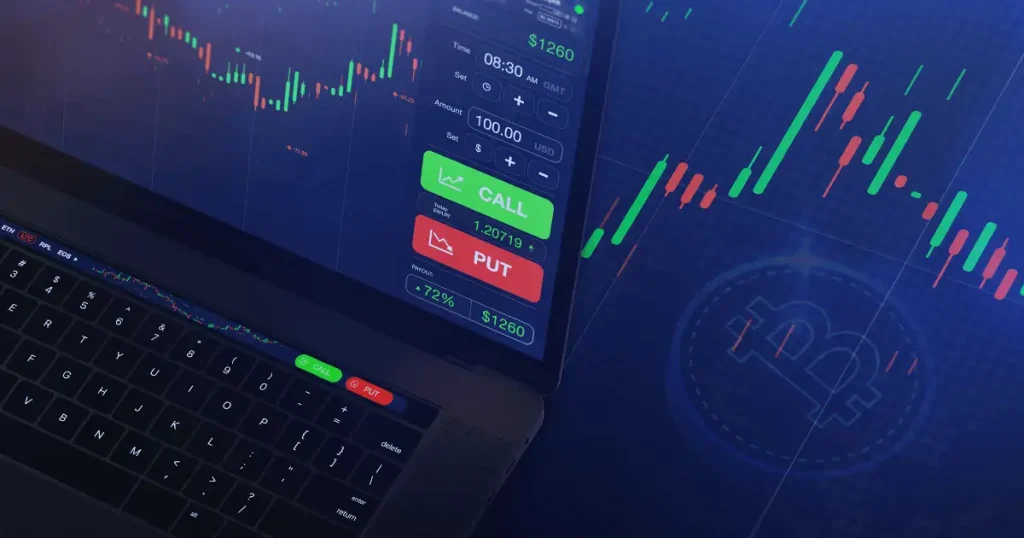Donald Trump's Victory: Impact Analysis on Global Markets and Investment Opportunities 2024-2025
Best Global Trading Conditions 2024
⭐⭐⭐⭐⭐
Understanding Market Response to Trump's Re-election
The financial markets have demonstrated significant movements following Donald Trump’s victory in the 2024 presidential election. As markets process this pivotal political shift, we observe notable trends across various asset classes. The immediate response shows a strong rally in U.S. equity markets, with the S&P 500 reaching record highs. Cryptocurrency markets, particularly Bitcoin, have surged to unprecedented levels above $75,000. These market movements reflect investor confidence in Trump’s pro-growth economic policies.
Key Market Indicators Following Election Results:
| Asset Class | Change | Key Driver |
| S&P 500 | +2.3% | Pro-growth expectations |
| Bitcoin | +10% | Crypto-friendly policies |
| 10-Year Yield | +16 bps | Inflation concerns |
| US Dollar | +1.9% | Economic strength |
Economic Policy Shifts and Investment Climate
The anticipated economic policies under Trump’s second term are expected to reshape the investment landscape significantly. Their administration plans to implement substantial corporate tax cuts, potentially reducing rates from 21% to 15% for companies manufacturing within the United States. These tax policies, combined with deregulation initiatives, are designed to stimulate domestic economic growth and business investment.
Trade Policy Implications
Trump’s proposed trade policies represent a significant shift in international commerce dynamics. The administration’s plans include implementing substantial tariffs, particularly a 60% tariff on Chinese imports and potential 10-20% tariffs on other international trade partners. These measures create both opportunities and challenges for different market sectors.

Impact on Global Trade Relations
The implementation of new tariff policies may significantly affect international trade dynamics. Companies with substantial exposure to international markets face potential challenges in maintaining profit margins. However, this situation creates opportunities for domestic manufacturers and companies focused on the U.S. market.
Key sectors affected by trade policy:
- Domestic manufacturing
- Import-dependent retail
- Technology hardware
- Agricultural exports
- Automotive industry
Financial Sector Opportunities
The banking and financial services sector stands to benefit significantly from the new administration’s policies. Anticipated deregulation measures and potential changes to capital requirements could enhance operational flexibility for financial institutions. The sector may experience improved profitability due to these policy changes combined with the likelihood of sustained higher interest rates.
Energy Sector Transformation
The energy sector faces substantial policy changes under the Trump administration. Their approach emphasizes traditional energy sources and aims to boost domestic oil and gas production. This shift creates new opportunities in conventional energy while potentially affecting renewable energy investments.
Renewable Energy Considerations
While traditional energy sectors may benefit from supportive policies, renewable energy investors need to reassess their strategies. The sector may face reduced federal support, though state-level initiatives and private sector commitment to clean energy could provide ongoing opportunities.
Technology Sector Outlook
The technology sector presents a mixed picture under the new administration. While some subsectors may benefit from reduced regulation, others face potential challenges from trade policies and supply chain restrictions. Semiconductor companies and domestic technology manufacturers may find new opportunities in this environment.
Current technology sector trends:
- Increased domestic production focus
- Supply chain restructuring
- Cybersecurity emphasis
- AI development acceleration
Real Estate and Infrastructure
The construction and infrastructure sectors show promise under Trump’s economic policies. Potential infrastructure spending initiatives and continued focus on domestic development could create significant opportunities. The real estate sector may benefit from economic growth and potential regulatory changes.
International Investment Considerations
| Region | Opportunity Level | Risk Factors |
| U.S. | High | Policy implementation |
| Europe | Medium | Trade relations |
| Asia | Variable | Tariff impact |

Risk Management Strategies
Developing robust risk management approaches becomes crucial in this changing environment. Diversification across sectors and asset classes helps mitigate policy-related risks while maintaining exposure to growth opportunities.
Risk mitigation approaches:
- Sector diversification
- Geographic balance
- Asset class distribution
- Hedging strategies
- Currency exposure management

